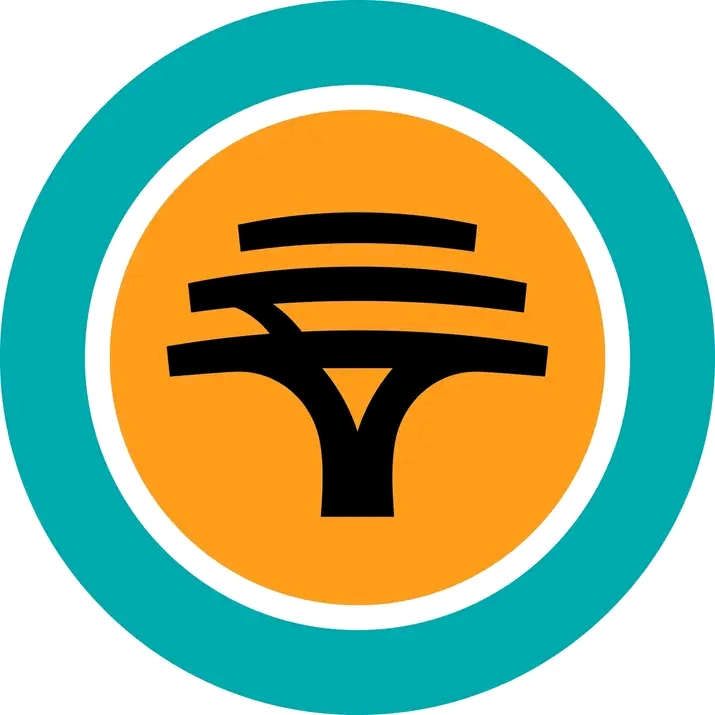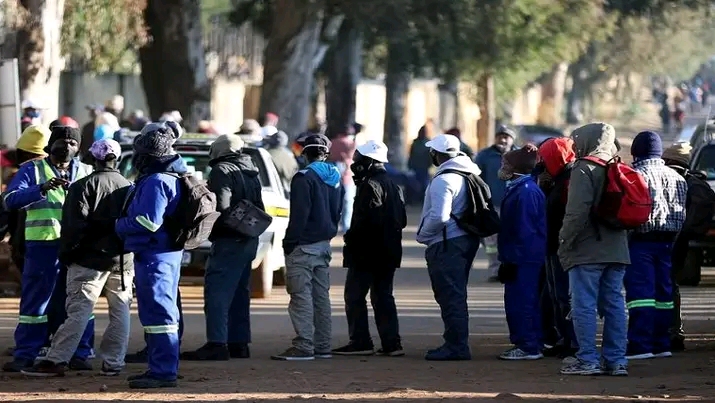Inadequate economic growth is a significant cause of unemployment. When the economy grows at a slow rate or stagnates, businesses do not expand as quickly, leading to fewer job opportunities. This can be due to several factors:
Lack of Investment
- Inadequate economic growth can be caused by a lack of investment in both public and private sectors. When businesses are unwilling to invest in new projects, technologies, or expansions due to uncertainty or low demand, job creation slows down.
Low Consumer Demand
- Economic growth is often driven by consumer spending. When people are not confident in their financial future or do not have enough disposable income to purchase goods and services, it leads to a decrease in demand for products. As a result, businesses may reduce their workforce to adjust to this reduced demand.
Government Policies
- Sometimes, government policies such as high taxes, excessive regulation, or reduced public spending can stifle economic growth. If businesses face high costs or uncertainties due to policy changes, they may delay hiring or even lay off workers, leading to higher unemployment.
Poor Infrastructure
- Inadequate infrastructure (e.g., roads, communication systems, and energy supply) can limit economic growth. Without the proper infrastructure, businesses may face high operational costs, making it difficult for them to expand, which results in fewer job opportunities.
Global Economic Conditions
- If a country’s major trading partners are experiencing slow growth or economic problems, this can affect the demand for exports, leading to slower domestic economic growth. A decrease in export sales can harm industries like manufacturing, which, in turn, leads to job losses or slower job creation.
Inflation and Currency Instability
- High inflation or currency instability can create an uncertain environment for businesses, discouraging investment. As a result, businesses may cut costs, reduce their workforce, or slow hiring, leading to unemployment.
Technological Change
- While technological progress can lead to long-term growth, in the short term, it can disrupt industries and displace workers. When new technologies lead to automation or the shift to more efficient production methods, some sectors may not grow quickly enough to provide new jobs for workers displaced by these changes.
Geopolitical Issues
- Political instability, wars, or trade restrictions can affect economic growth. When there is uncertainty about the stability of the market or country, businesses are less likely to invest or hire new employees, contributing to higher unemployment.
Slow Recovery After Recession
- Sometimes, after an economic recession, recovery can be slow. Even after the economy begins to grow again, it may take time for businesses to regain confidence and start hiring at pre-recession levels. This lag in recovery often leads to prolonged periods of high unemployment.
When economic growth is inadequate, the overall demand for goods and services stagnates, leading businesses to scale back production and reduce hiring, which directly increases unemployment rates.



